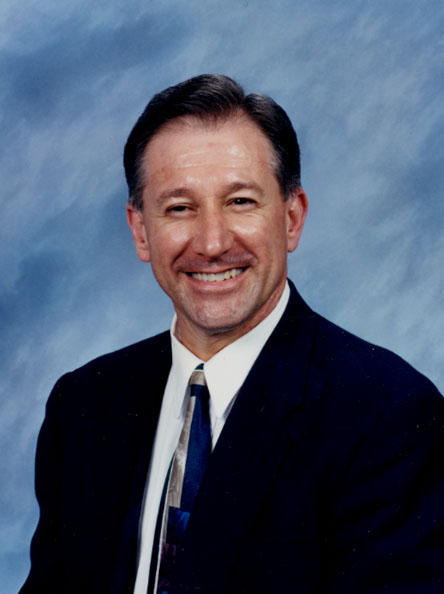
McMINNVILLE, Ore. (BP)–Thankfully, many of the founders of America were literate. If they had been unable to commit their thoughts to writing, the secularists of our great nation would have already succeeded in erasing religion in general, and Christianity in particular, from any significant role in United States history. There is no more poignant reminder of our religious heritage than the national holiday of Thanksgiving.
Some historians try to deny the religious motivation for the Pilgrims’ voyage to the New World. However, upon reading the thoughts of these brave adventurers there is no doubt as to why they left family and friends to undertake such a dangerous and difficult journey. As they prepared to leave their ships and set foot on dry land, the Pilgrims drafted and signed the Mayflower Compact. In part, the document reads:
“In the name of God, Amen, We, whose names are underwritten, the Loyal Subjects of our dread Sovereign Lord King James, by the Grace of God, … Having undertaken for the Glory of God, and Advancement of the Christian Faith and the Honour of our King and Country, a Voyage to plant the first Colony….”
Given the context in which the Mayflower Compact was produced, it is difficult to interpret it as anything but a religious statement of purpose — even a Christian statement.
The first settlers of the land that would become the United States found the first year in their new home difficult. Almost half of the original 101 colonists perished during a harsh winter. However, with the aid of Indians who had befriended them, the surviving Pilgrims managed to cultivate and reap an abundant harvest. Desiring to express their joy, they called for a celebration of thanksgiving in the fall of 1621.
Dedicated secularists have sought to revise history in order to downplay the significance religious faith played in the lives of the Pilgrims. The assertion is made by some “historians” that the initial thanksgiving was a feast honoring the Indians. While I am sure the Pilgrims were appreciative of the help they received from their native friends, their writings indicate the purpose for their celebration was praise and thanks to Almighty God.
Shortly after the first thanksgiving celebration, Edward Winslow wrote a letter titled: “A letter sent from New England for a friend in these parts, setting forth a brief and true Declaration of the worth of that Plantation, as also certain useful directions for such as intend a voyage into those parts.” In the communication Winslow gave a brief chronicle of the Pilgrims’ first year in the New World. Throughout the letter he made it clear that the thanksgiving gathering was for the purpose of giving thanks to God “who hath dealt so favorably with us.”
By placing their thoughts and convictions on paper, the Pilgrims left a written record for their motivation in settling the land that would become the United States of America. As a nation, we pause the fourth Thursday of each November to remember the first colonists and thank the same God who inspired and sustained their courageous journey of faith. Some do so knowingly; others do so out of ignorance. However, we all participate in some shape, form or fashion because Thanksgiving – a religious holiday — is a significant part of our heritage.
–30–
Boggs, whose column appears in Baptist Press each week, is pastor of Valley Baptist Church, McMinnville, Ore.

















